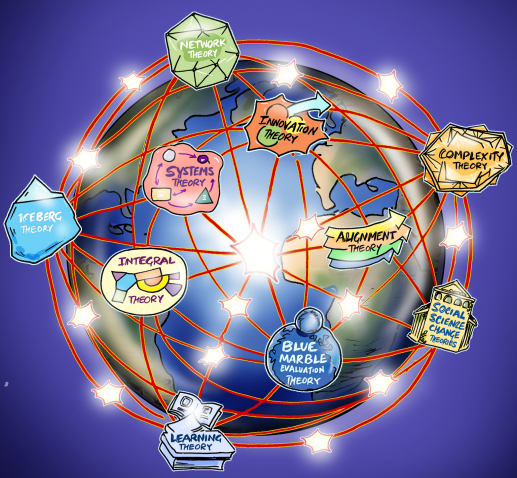Several members of the BME network will be presenting the following session at the American Evaluation Conference:
All over the world schools serve indigenous populations and/or immigrants from other cultures. How do we create and evaluate education systems that are responsive to diverse cultural backgrounds? How do we balance accountability measures such as standardized tests with a focus on culturally responsive practice that fosters student well-being? Each nation’s worldview affects the way public education systems are structured and evaluated, and many nations are trying to figure out how to incorporate Indigenous ways of knowing and the diverse lenses of newcomer populations.
Participants in Greenland, Canada and the U.S., will discuss their responsibilities as individual professionals to reflect on how our profession and our practice may perpetuate injustice in education systems that are structured in ways that prevent equal opportunities. The session will also explore how evaluations can contribute to uncovering social structures that no longer serve the common good, and to ensuring social justice and equity.


